Introduction:
Zeus and Poseidon, two of the most prominent figures of Greek mythology, have lived on in the annals of literature for centuries.These two figures have been the topic of heated debates, questions of character and mission, and overall inquiry.The question of “who is the better of the two?” is asked often, and for good reason.There are many similarities between Zeus and Poseidon, but also a few key differences.This article will explore those differences in detail, examining the ten main points that distinguish the two Gods and revealing the pros and cons of both gods.
Difference 1: Origin and Parentage
1. Zeus: Zeus was the son of Cronus and Rhea. In addition, he was the leader of the Olympians, the principal deities in Greek mythology.
2. Poseidon: Poseidon was the son of Cronus and Rhea. He was known as the God of the sea, storms, earthquakes, and horses. He was also the brother of Zeus and was a powerful god in ancient Greek mythology.
Difference 2: Nature and Characteristics
1. Zeus: Zeus was a powerful and wise god who was seen as a protector of justice and the right to law. He was known for his temper, but also for his fair and just nature.
2. Poseidon:Poseidon had a much less peaceful disposition than Zeus. He was often associated with jealousy and violent outbursts but, despite his temperamental nature, believed in justice and fairness.
Difference 3: Domain
1. Zeus: As the leader of the Olympic gods, Zeus had the domain over every aspect of life including law, morality, justice, and the weather. He was also the god of sky, thunder, lightning, and fertility.
2. Poseidon: Poseidon was the closest deity to the various ocean-related things such as waves and sea creatures. He was often associated with storms, earthquakes, and horses.
Difference 4: Symbols
1. Zeus: Zeus was often associated with the symbols of the lightning bolt, the oak, and the eagle.
2. Poseidon:Poseidon’s symbols include the trident, sea shells, dolphins, horses, and the bull.
Difference 5: Beasts
1. Zeus: Zeus’ most powerful beast was the fantastic eagle or the thunderbolts.
2. Poseidon: Poseidon’s most powerful beast was the hippocampus, a creature with the body of a horse and the tail of a fish.
Difference 6: Wives
1. Zeus: Zeus’s wife was his sister Hera. She was the Goddess of Marriage and the Queen of Heaven.
2. Poseidon: Poseidon’s wife was Amphrite, the Goddess of the Sea.
Difference 7: Children
1. Zeus: Zeus’s children include Athena, Apollo, Dionysus, Hermes, Hebe, Hecate, Ares, Persephone, the Muses, the Graces, and Aphrodite.
2. Poseidon: Poseidon’s children include Triton, Theseus, Polyphemus, Atlas, and Orion.
Difference 8: Famous Adventures
1. Zeus: Zeus is best known for his war with the Titans, in which he famously defeated them with the help of his brothers. He also had an affair with the Goddess of Wisdom and tricked Cronus into vomit up his brothers and sisters.
2. Poseidon: Poseidon is known for free-riding on the waves of the sea with Nereus, battling the sea giant Polybotes, and being outwitted by Odysseus.
Difference 9: Attitude towards Humans
1. Zeus: Zeus had a very benevolent attitude towards humans. He was always willing to intervene and help out struggling humans in times of need.
2. Poseidon: At times, Poseidon could be quite wrathful and brutal towards humans. He could be vindictive when he perceived mankind to have wronged him.
Difference 10: Areas Worshiped
1. Zeus: Zeus was worshipped across much of Greece, including Mount Olympus, Olympia, Dodona, and many more.
2. Poseidon: Poseidon was mainly worshipped in coastal cities and regions of Greece; the most famous of these was Isthmia.
Conclusion
In conclusion, it is clear to see that Zeus and Poseidon have many similarities but also a few crucial differences.Their origins and characteristics, the domains they hold, the symbols associated to them, their beasts and wives, the children associated to them, their respective famous adventures, their attitudes towards humans, and the areas they were worshipped in all help to reveal the differences between these two iconic figures of Greek mythology.It is easy to see why the question of “who is the better of the two?” is often asked.

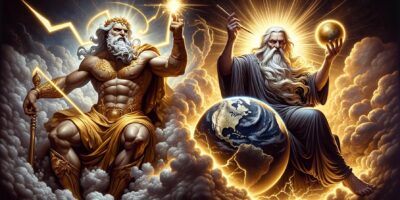
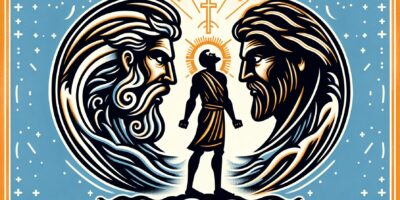
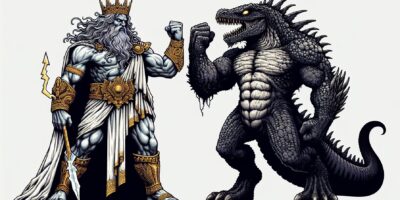
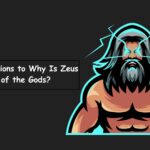
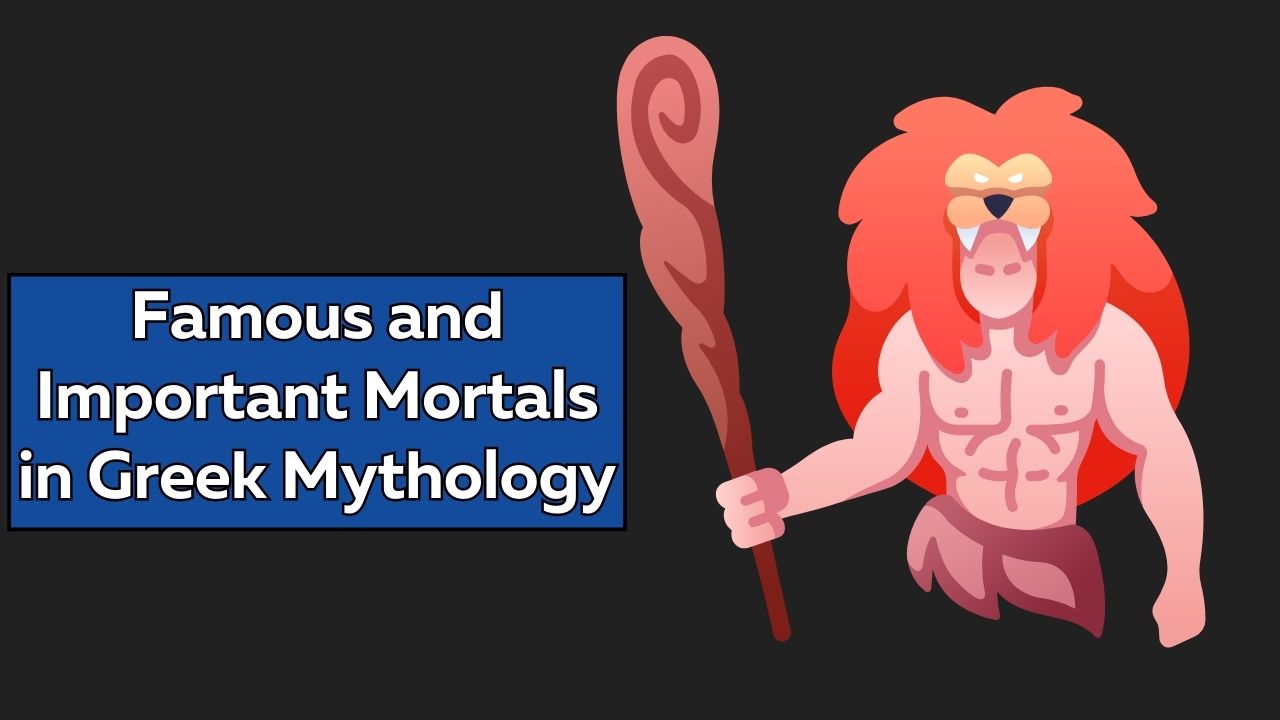
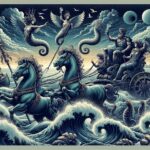
Leave a Reply